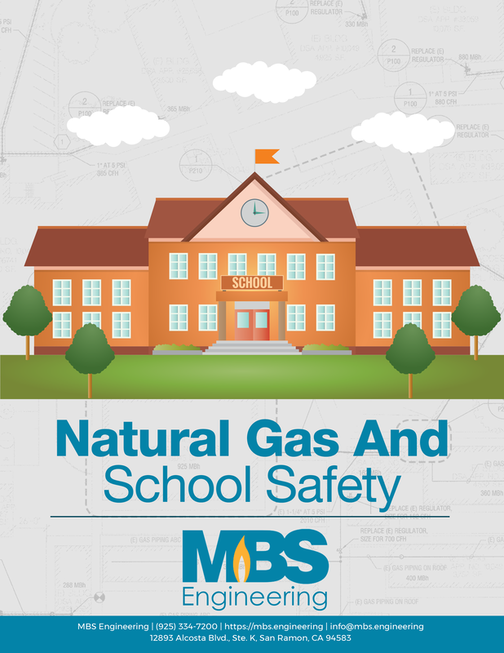Natural Gas Safety On College Campuses
|
Colleges and universities are huge energy consumers; data shows that US colleges consume an average of 17 cubic feet of natural gas per square foot annually.
The energy from natural gas goes to water heating (14%), space heating (76%) and cooking. Many schools are using these systems to improve indoor air quality and cut down on energy costs. Given the size of college campuses and their peculiar needs, colleges need comprehensive gas safety plans to guarantee the safety of the young people who come there to pursue their dreams. |
Some Of Our College And University Clients
|
|
Risks Presented By Natural Gas At College Campuses, And Solutions, From MBS Engineering
Click to download Natural Gas and School Safety
Specific School Gas Safety Measures
Education and Awareness Programs
Detailed Gas safety Program: Institute a professional maintenance program or engage a company that is competent in Gas Leak Survey & Maintenance to do it. The program should include:
Install Life-saving Equipment: The use of automatic shut off valves and excess flow valves will greatly enhance safety:
- Identification Of Gas Installations: Due to the size of college campuses, most have considerable amounts of underground gas pipes within their premises. These must be appropriately marked for easy identification; this includes pipeline markers, as well as, clear labelling of gas fittings, appliances, ventilation shafts, etc.
- Proper Emergency Procedures: Students must be properly oriented on what to do if they discover a gas leak. Steps leading from discovery, to notifying administrators and evacuating the building, must be carefully spelt out.
Detailed Gas safety Program: Institute a professional maintenance program or engage a company that is competent in Gas Leak Survey & Maintenance to do it. The program should include:
- Visual inspection of gas infrastructure on consistent basis to detect and remedy faults in time.
- Testing of gas stations and valves used to control gas flow and pressure
- Effective Corrosion management using Cathodic coating , as well as regular measurements of Cathodic protection
Install Life-saving Equipment: The use of automatic shut off valves and excess flow valves will greatly enhance safety:
- Seismic Natural Gas Shut-Off Valve: Work alongside manual shut off valves to cut off gas flow in event of an earthquake. Unlike manual systems which may not be accessible at all or in time during earthquakes, Seismic Shut-Off valves are automatic.
- Excess-Flow Valve: close off or limit gas flow when an underground pipe is damage or unusual flow is detected
- Smoke Detectors: prevent fire disasters by discovering fires early
Click to download College and University Liability Exposure for Natural Gas Accidents





